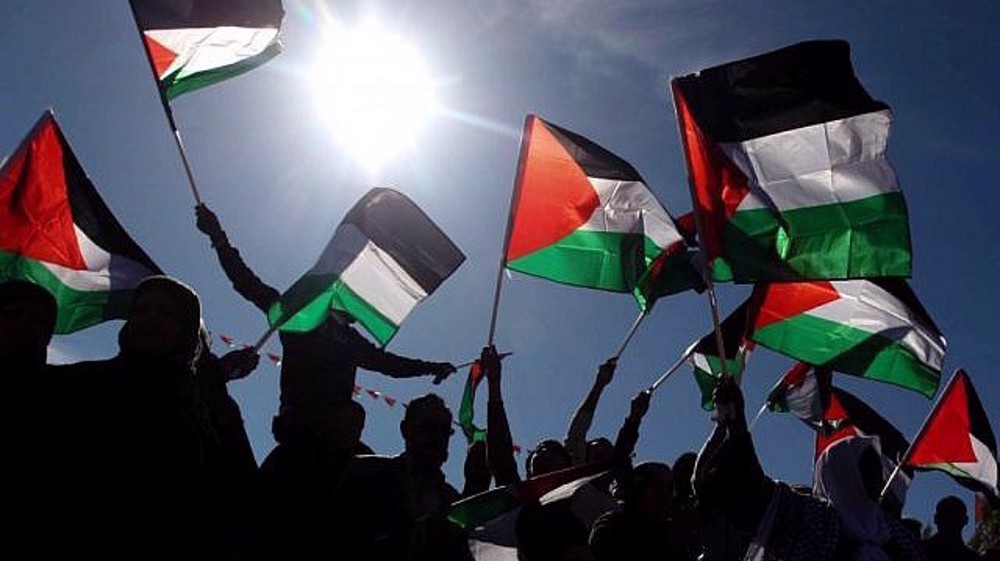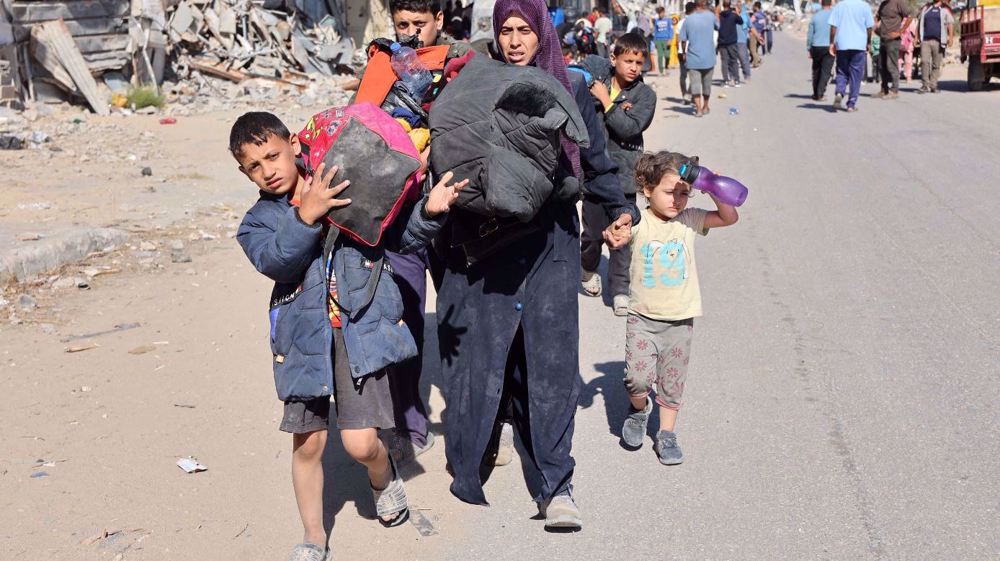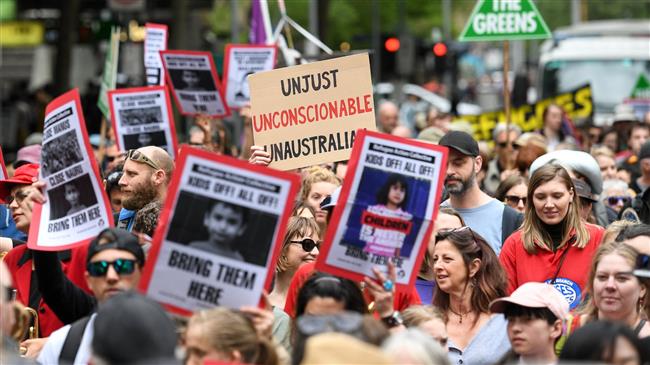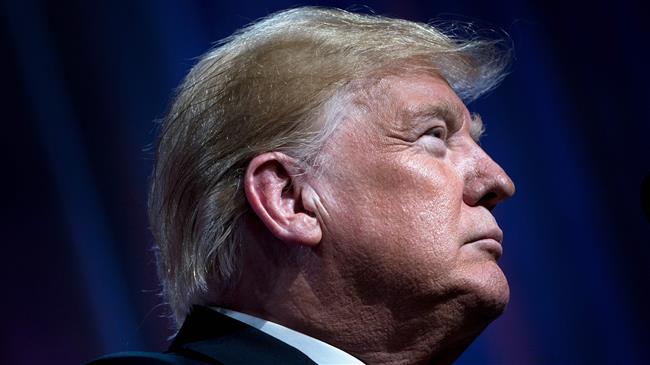Australia Muslim leaders boycott meeting with PM Morrison
Muslim leaders in Australia have boycotted a meeting with Prime Minister Scott Morrison over his recent remarks suggesting that the Muslim community is to blame for terror acts by individual, self-proclaimed Muslims.
In an open letter on Wednesday, Australia’s Grand Mufti Ibrahim Abu Mohamed along with a group of other high-profile Muslim figures rejected an invitation by Morrison to a round-table meeting to discuss the issue of terrorism.
Morrison had earlier singled out Muslim community leaders as having a “special responsibility” to counter “the radical and dangerous ideology of extremist Islam” after a recent stabbing attack in Melbourne by an individual that killed one person.
The assailant had reportedly been inspired by the Takfiri Daesh terrorist group.
“They must be proactive, they must be alert, and they must call this out,” Morrison had said, referring to Muslim leaders, and announcing that he would hold the round-table meeting with them this week.
In their open letter, the Muslim leaders emphasized that they felt “deeply concerned and disappointed” about the remarks made by Morrison and other government ministers “which infer that the [Muslim] community is collectively culpable for the criminal actions of individuals and should be doing more to prevent such acts of violence.”
“These statements have achieved nothing to address underlying issues, but rather, have alienated large segments of the Muslim community,” they wrote.
The Muslim leaders, who head community groups in several Australian states, said they would take part in a later meeting with Morrison if their “views and concerns will be genuinely respected.”
Morrison remained defiant, however, accusing the critical Muslim leaders in a tweet message of “continuing down a path of denial” and making their communities “less safe and more vulnerable.”
“We all have responsibilities to make Australia safe, and that means making sure Muslim communities do not become infiltrated with this dangerous ideology,” he said.
Muslim activists in the country have repeatedly raised questions in the past as to why Australian authorities do not attribute other murder incidents and crimes to the perpetrators’ respective faiths and communities. This is while a number of Australian lawmakers have openly expressed controversial anti-Muslim remarks in the parliament and elsewhere.
In the November 9 attack in Melbourne, a Somali-born man, who authorities alleged was inspired by Daesh, stabbed and killed one man and wounded two others before being shot dead by police officers.
Also on Tuesday, Australian police and intelligence officers arrested three Muslim men during a raid in Melbourne, accusing them of plotting a Daesh-inspired “mass-killing” attack in the city in what officials claimed was the 15th terror attack thwarted since 2014.
UNRWA warns of humanitarian collapse in Gaza
'Hello my enemies': Lebanese journalist on Israeli threats and his resolve to continue
Outrage in France as MP proposes bill to ban criticism of Israel
VIDEO | The strategy of Hezbollah in war
Israeli military withdraws several brigades from southern Lebanon: Report
48-year-old Palestinian man serving 48 life terms completes 22 years in Israeli jails
From MKO to Tondar, how Germany became safe haven for anti-Iran terror groups
Hamas open to any proposal aiming to end Gaza war: Hamdan














 This makes it easy to access the Press TV website
This makes it easy to access the Press TV website